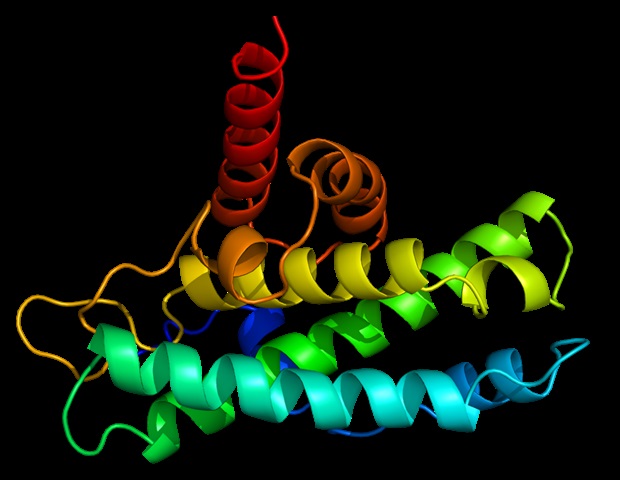
Olivia Phillips never imagined that her persistent and debilitating pain could be due to endometriosis. Despite visiting over ten general practitioners, a gastroenterologist, and even an emergency department, not one healthcare professional suggested the possibility. It wasn’t until her condition became life-threatening that she finally received the correct diagnosis.
Phillips’ experience is not unique. Endometriosis, a chronic disease where tissue similar to the lining of the uterus grows outside of it, affects an estimated one in seven Australian women before the age of 50. Yet, it often takes an average of 6.5 years for women to receive a diagnosis after first experiencing symptoms. This delay is largely attributed to systemic gender bias within the healthcare system, where women’s pain is frequently dismissed or misunderstood.
The Systemic Bias in Women’s Healthcare
Jess Taylor, chair of the Australian Coalition of Endometriosis and CEO of QENDO, highlights the ongoing issue: “We are still, in 2025, hearing that women are not being believed about their symptoms.” This sentiment is echoed by Professor Jason Abbott, who notes that women are often told their pain is “in their head” or “normal.”
Many women, like Phillips, have shared stories of being turned away from emergency departments, facing years of delayed diagnosis, and having their pain dismissed as a normal part of womanhood. These experiences were part of a broader investigation into medical misogyny conducted by The Age and The Sydney Morning Herald, where more than 2000 women shared their accounts.
Historical Context and Current Developments
The issue of medical misogyny is not new. For centuries, medical research has predominantly focused on male subjects, leaving significant gaps in understanding women’s health issues. This has led to a reliance on outdated research and a lack of informed consent for women regarding their health and treatment options.
However, recent years have seen significant strides in addressing these issues. In the past year alone, Sydney hosted the World Congress of Endometriosis, UNSW announced a world-first endometriosis research institute, and the federal government funded an expansion of specialized clinics and subsidized treatments.
According to a 2023 Australian study, almost two-thirds of women diagnosed with endometriosis had been advised to get pregnant to treat their condition, a recommendation often given without proper explanation or consideration of the individual’s circumstances.
The Path Forward: Education and Awareness
Experts agree that improving education and awareness among healthcare professionals is crucial in addressing the issue of medical misogyny. Dr. Jane Chalmers, a senior lecturer in pain sciences, emphasizes the need for better training for practitioners, who are often the gatekeepers to diagnosis and treatment.
Professor Caroline Ford, a lead researcher at UNSW, highlights the importance of understanding the basic biology of endometriosis to provide better care and advice. The establishment of the Ainsworth Endometriosis Research Institute (AERI) is a significant step in this direction, aiming to pioneer endometriosis research and improve clinical practices.
Challenges and Opportunities
Despite these advancements, challenges remain. The reliance on outdated myths and misconceptions about endometriosis continues to hinder progress. For instance, the belief that pregnancy can cure endometriosis is not only misleading but potentially harmful. As Professor Abbott points out, “Prescribing pregnancy as a treatment for endometriosis is completely untenable.”
Moreover, the overreliance on surgery as a treatment option, without considering other underlying conditions, is another example of medical misogyny. Dr. Pav Nanayakkara notes that endometriosis is often linked to conditions like irritable bowel syndrome, requiring a multipronged treatment approach.
Ultimately, addressing medical misogyny requires a systemic change in how women’s health is perceived and treated. This includes improving funding for research, enhancing practitioner training, and ensuring that women are provided with informed consent and appropriate treatment options.
As the conversation around endometriosis and women’s health continues to evolve, it is crucial that these issues are addressed head-on. By doing so, we can ensure that women like Olivia Phillips receive the care and support they need, without facing years of unnecessary pain and suffering.







